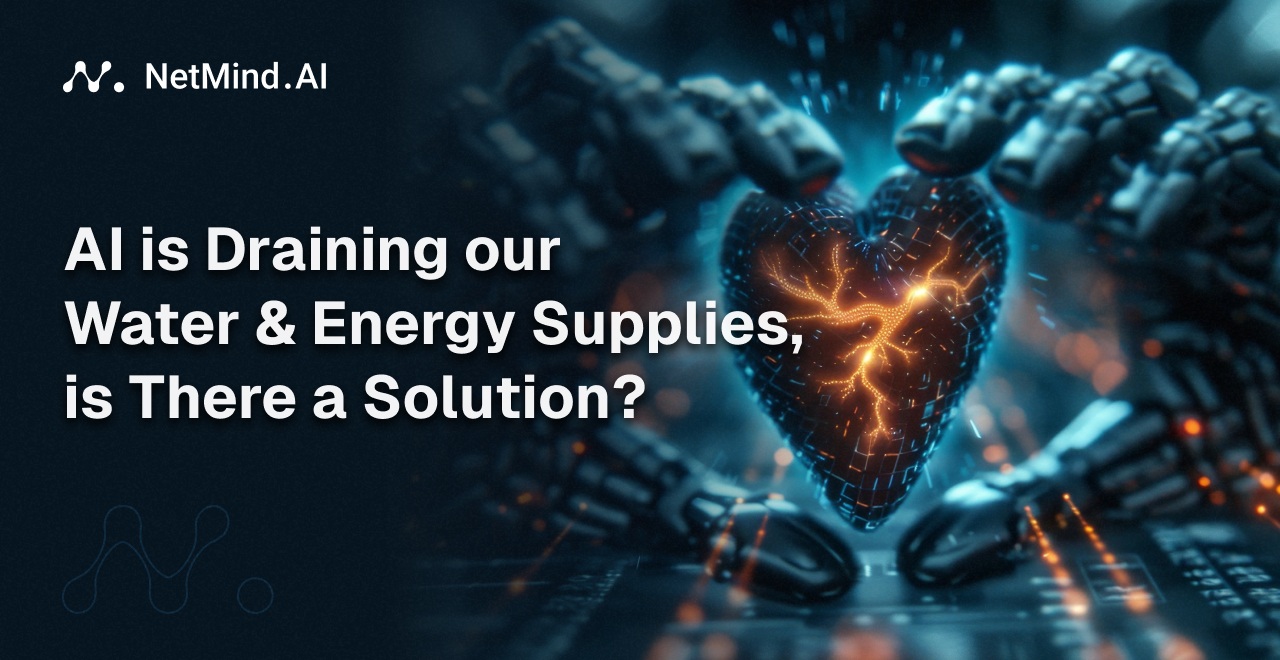Is Decentralised AI the Solution to the Growing Energy and Water Issue?

Artificial intelligence (AI) technology has brought the significant energy and water consumption of data centers that power AI models like OpenAI's ChatGPT and Google's Gemini. These data centers, essential for processing vast amounts of data, consume substantial resources, raising concerns about sustainability and the environmental footprint of AI.
Key Issues Highlighted
-
Water Consumption: Generating just 100 words using advanced AI models like GPT-4 can consume the equivalent of three bottles of water. Training a single large AI model such as ChatGPT-3 uses over 700,000 liters of water, enough to fill over 4,600 household bathtubs. With hundreds of tech companies and research institutions worldwide continuously training large models, the cumulative water usage amounts to tens of millions of liters annually, intensifying competition for water resources, especially in regions already facing scarcity.
-
Energy Consumption: Generating a single 100-word AI response can consume as much as 0.14 kilowatt-hours of electricity, equivalent to running 14 LED light bulbs for an hour. Data centers worldwide consumed roughly 200 terawatt-hours of energy in 2023, comparable to the annual electricity consumption of some mid-sized countries. Projections suggest that by 2030, the energy demand from new AI data centers will grow by 160%, posing a threat to local communities and the sustainability of AI growth.
Industry Efforts and Solutions
-
Industry Efforts Toward Sustainability: Companies like Google are using AI to improve data center efficiency, reducing cooling costs by up to 40%. Independent companies like Xylem in the UK are employing AI-powered solutions to optimize water infrastructure, reducing water loss and improving distribution efficiency. Research institutions like MIT's Lincoln Laboratory and Harvard are developing techniques to cut energy use and reduce the resources needed for training AI models.
-
Decentralized AI: Decentralized AI platforms distribute tasks across a network of smaller, geographically dispersed nodes, reducing the need for large, power-hungry facilities and making better use of existing resources. NetMind.AI is a pioneer in this space, leveraging idle GPU resources worldwide to reduce the need for new data centers and the energy and water required to cool them. Decentralized AI can operate closer to the data source, cutting down on energy costs associated with data transfer and storage. Integrating decentralized platforms with renewable energy sources can further reduce the carbon footprint of AI operations.
Read more at: blog.netmind.ai
2024-12-23